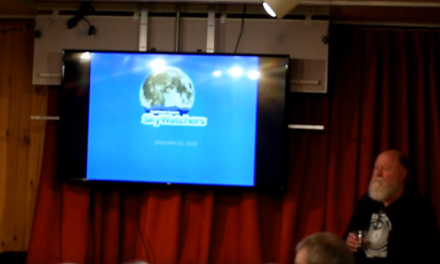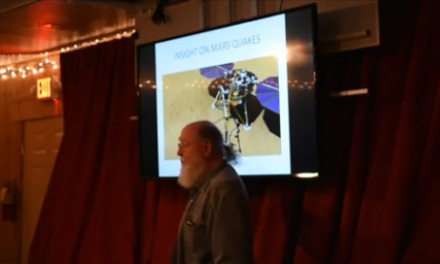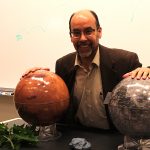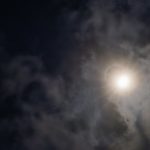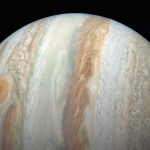What’s Astrobiology All About?
Views from the Social Sciences and Humanities
Questions at the heart of astrobiology research today – Where did life come from? Where is it going? Does life exist beyond Earth? – are far older than the Space Age. In centuries B.C.E, ancient Greek and Roman philosophers considered these questions. Since then, natural philosophers, theologians, and, later, natural scientists continued to ponder them, devoting some attention to how the discovery of extraterrestrial life might affect human civilizations.
In the contemporary world, scientific and public interest in the origin and evolution of life and the possibility of extraterrestrial life – microbial or otherwise – is widespread. A few years back, NASA’s astrobiology program initiated a number of short-term activities intended to broaden and diversify the community of scholars in the social sciences and humanities participating in the ongoing dialogue about astrobiology in culture. They refocused this dialogue on the possible cultural impacts of the discovery of extraterrestrial microbial life – which most members of the astrobiology community believe is more likely, and more imminent, than contact with extraterrestrial intelligent life. These short-term efforts have led to the organization and growth of the community of social scientists, philosophers, ethicists, and theologians who are pondering these questions.
Linda Billings (Ph.D., mass communication) is a consultant to NASA’s astrobiology program on communication strategy and planning. She has worked in the space community since 1983. On her website, she covers media analysis, science communications, space policy and politics at – https://doctorlinda.wordpress.com – and her Twitter handle is – @lbillin


